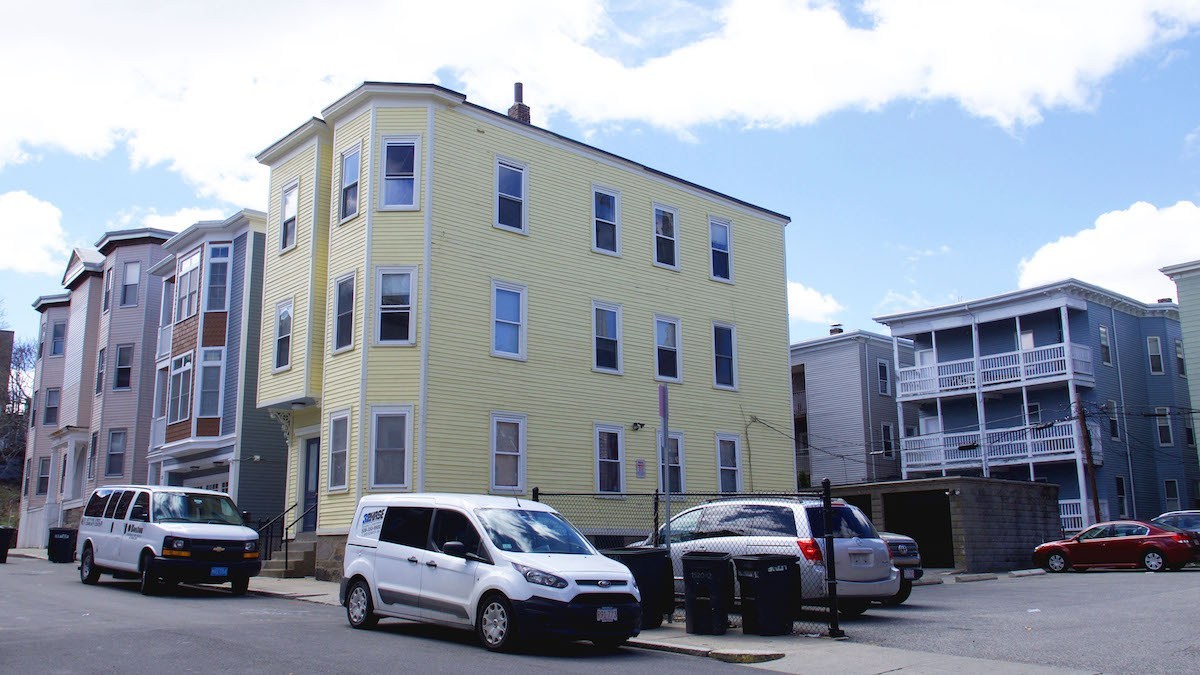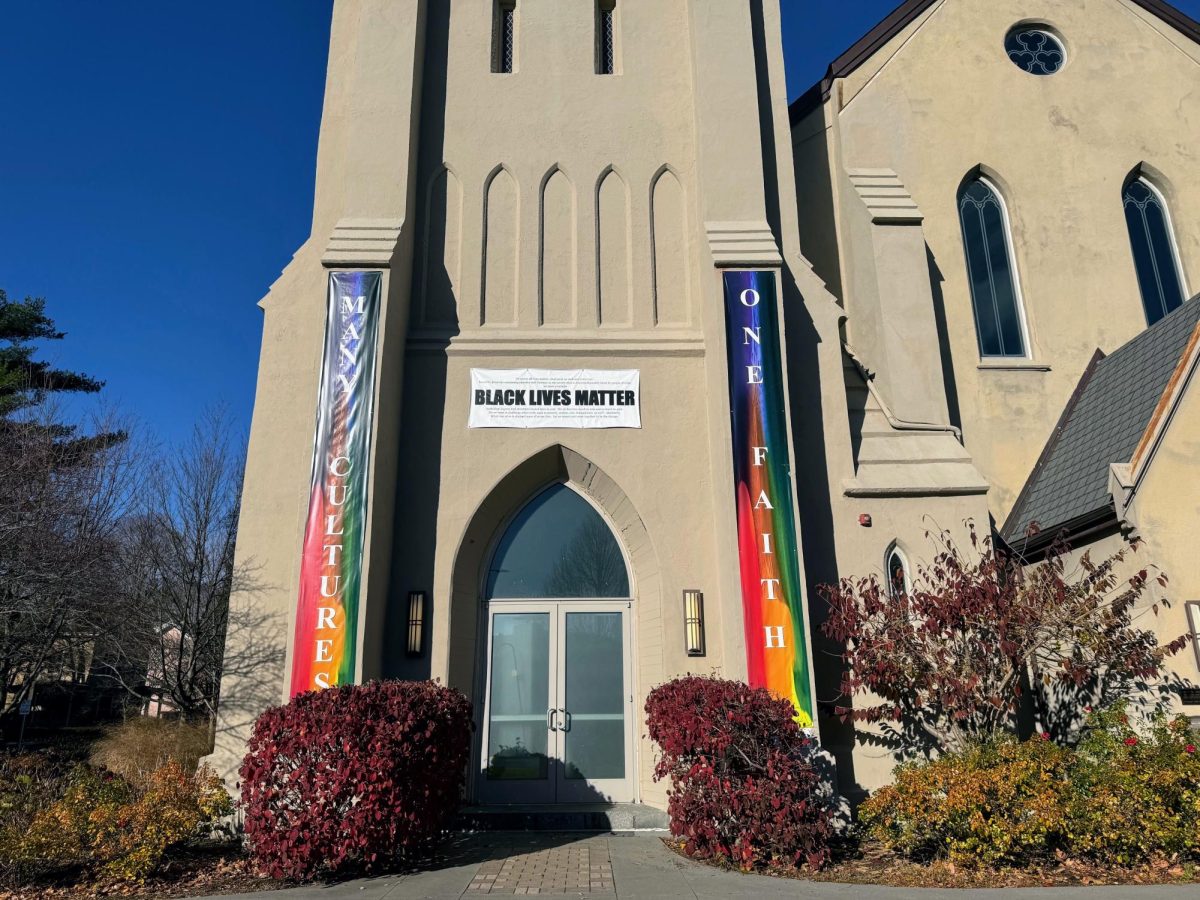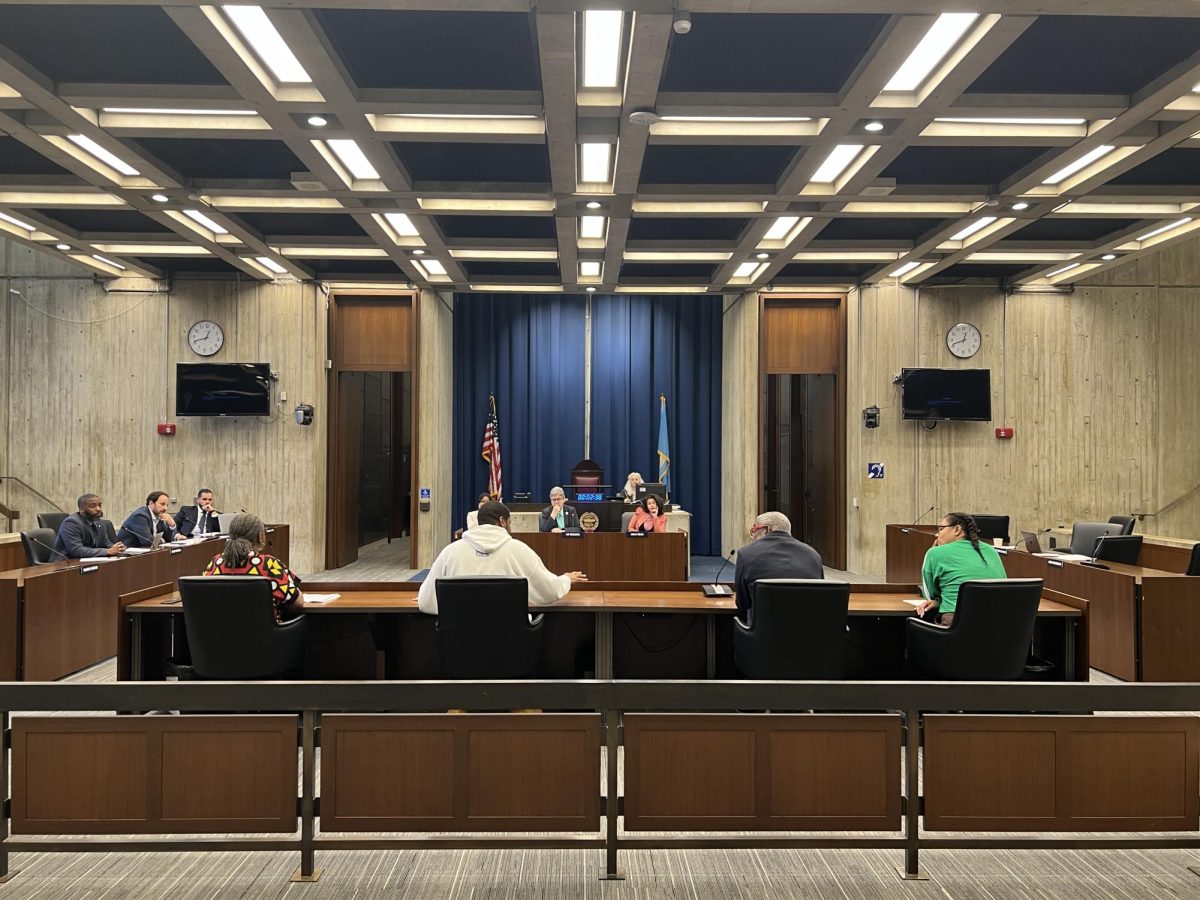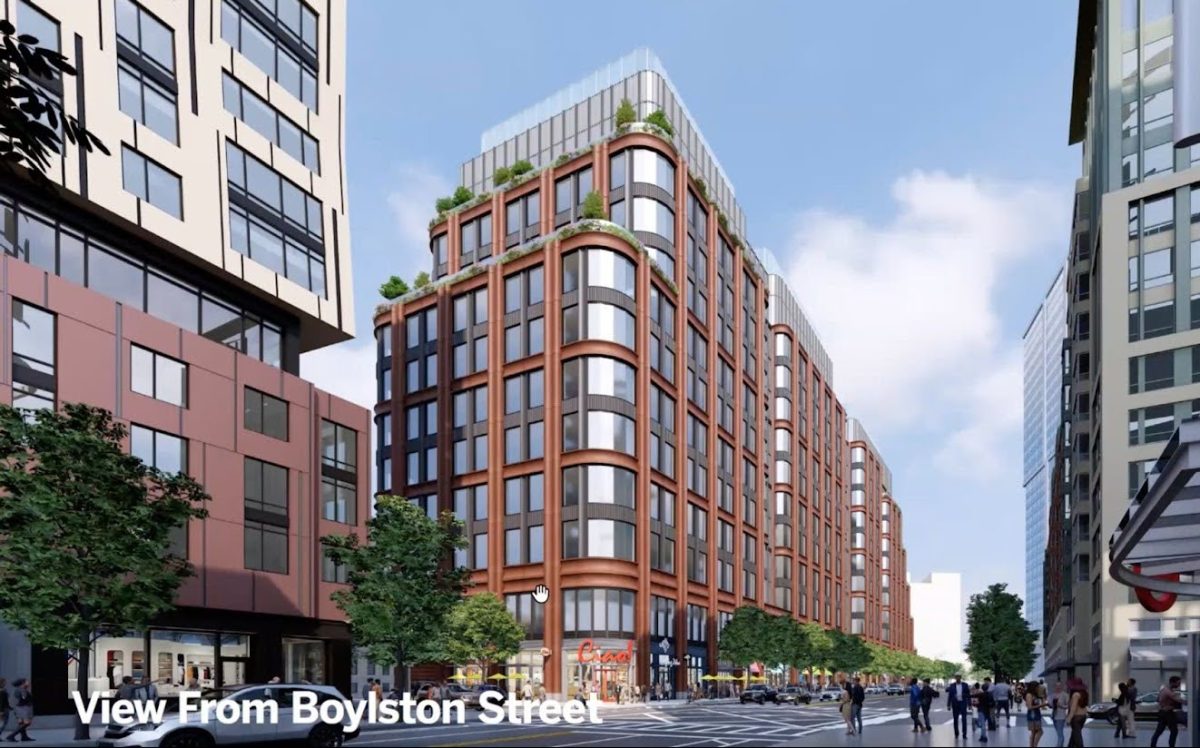By Tiffany Montagne
Tensions were running high at the Tobin Community Center in Mission Hill. As residents heard yet another development proposal, eye-rolls and skeptical expressions filled the room. Whispers were drowned out by clashing honks from rush hour traffic on Tremont Street outside.
On Tuesday, Feb. 13, members of the community had gathered to discuss the proposal for a mixed-use development project near Milkweed, a popular local restaurant. The “Laneway“ project is led by developer Mitch Wilson, who wants to replace the existing three-unit residential building at 11 Burney St. with nearly 30,000 square feet of housing and retail. The plan for the ground floor features business space, while the five floors above are expected to include 31 residential units, four of which will be held at an affordable rate under the city’s policy.
Wilson, who has developed in Mission Hill before, said he is excited to return to the neighborhood with a new project.
“We have a lot of vacant properties because we are not interested in taking the first or just any buyer. We want to invest in something that will bring value to the community,” Wilson said.
Several residents, however, do not share Wilson’s excitement about this possible project. They said that they fear the developer is more concerned with making money than catering to the needs of the neighborhood and the residents who have lived long enough to tell its history.
“He [Wilson] is really slick. People will ask him questions and he’ll answer with something that has nothing to do with the question. Laneway is just another fancy way of saying alienate,” said Mission Hill resident Mary Larson.
Project “Laneway” is still in its planning stages, with several licensing issues still needing approval. The proposed building area includes a shared community space that runs through Burney Street, and the design of the project interferes with zoning codes for height and available space per land used.
Many residents feel this project is the latest instance of encroachment into residential areas by corporate entities. At the moment, Burney Street is strictly residential.
In his previous Mission Hill project, “The Tremont,” Wilson built a space that served transient college students over long-time residents. As more college students move in to the neighborhood, established community members are struggling to find stability in Mission Hill. Last year, five new construction projects were approved in the neighborhood. None of those developments offered apartments for purchase, opting instead to only include rental units.
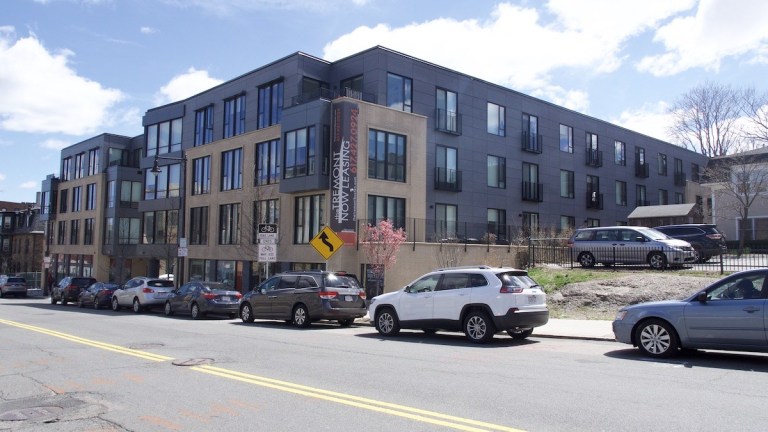
“According to community dialogue, there is a push for more ownership within Mission Hill,” said Phillip Hu, planner at Boston Planning and Development Agency. “However, the developers… determine whether the neighborhood is better marketed for rental units or ownership.”
Some residents are thrilled with the new project. David Cawley, the owner of Milkweed, is in favor of the new design. Cawley and several other local business owners in Mission Hill are struggling with space and looking for more clientele. In the “Laneway” project, Crawley sees a potential expansion for Milkweed. He said that he is especially excited about one part of the proposal: an indoor, ventilated garbage disposal plan, which will help mitigate debris from wind and intoxicated nightcrawlers.
“This is a great idea. It presents a solution for the trash outside my restaurant. My wife and I will leave the shop at 11 p.m. and return at 5 a.m. to a mess. It is a poor representation on us, even though that is not how we left it,” Cawley said.
Some restaurant owners also feel that the bulk of their clientele travel from neighboring areas, instead of Mission Hill itself. Dermot Doyne, an owner of Penguin Pizzeria on Huntington Avenue, argued for creating an environment that will attract people with money.
“I serve slices at $2.75. I’m the cheapest in the neighborhood, but yet I am still dipping into my own pockets to stay afloat. This project, and others like it, will bring people that have money to spend [in] our neighborhood,” said Doyne.
While some local business owners may welcome the construction in Mission Hill, residents have seen their community transform with negative ramifications. They have experienced rising costs of living and preferential treatment for temporary tenants, all while losing the historically tight-knit community.
“I used to be able to look outside my window and see the library, the park and part of the city skyline,” said long-time resident Shirley Thompson. “Now all I see is the window of the building next door.”

